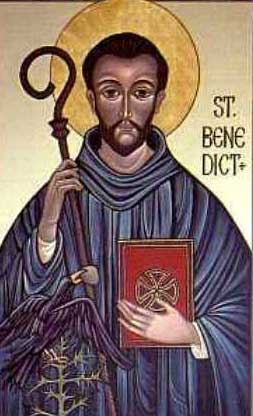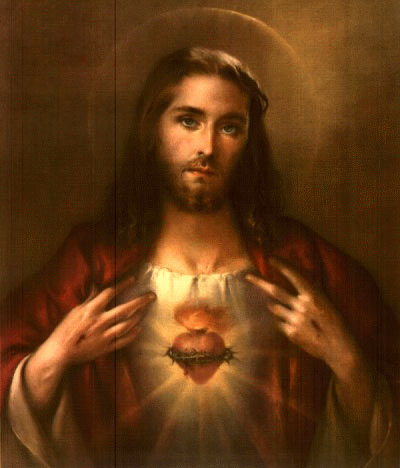Podcast: Play in new window | Download (Duration: 3:21 — 3.1MB) | Embed
Subscribe: Apple Podcasts | Spotify | Amazon Music | Android | Pandora | iHeartRadio | JioSaavn | Podchaser | Gaana | Podcast Index | Email | TuneIn | Deezer | Anghami | RSS | More
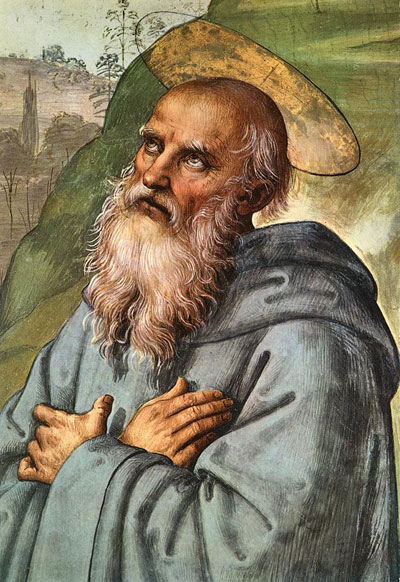
In the Holy Rule, St. Benedict you have said:
The twelfth degree of humility is, when a monk is not only humble of heart, but always let it appear also in his whole exterior to all that see him; … and always saying to himself in his heart what the publican in the Gospel said, with his eyes fixed on the ground: “Lord, I am a sinner and not worthy to lift up mine eyes to heaven” (Lk 18:13)…
Having, therefore, ascended all these degrees of humility, the monk will presently arrive at that love of God, which being perfect, cast out fear (1 Jn 4:18). In virtue of this love all things which at first he observed not without fear, he will now begin to keep without any effort, and as it were, naturally by force of habit, no longer from the fear of hell, but from the love of Christ, from the very habit of good and the pleasure in virtue. May the Lord be pleased to manifest all this by His Holy Spirit in His laborer now cleansed from vice and sin. (Holy Rule 7)
Glorious Saint Benedict,
sublime model of virtue, pure vessel of God’s grace!
Behold me humbly kneeling at your feet.
I implore you in your loving kindness to pray for me before the throne of God.
To you, I have recourse in the dangers that daily surround me.
Shield me against my selfishness and my indifference to God and to my neighbor.
Inspire me to imitate you in all things.
May your blessing be with me always, so that I may see and serve Christ in others and work for His kingdom.
Graciously obtain for me from God those favors and graces which I need so much in the trials, miseries, and afflictions of life.
Your heart was always full of love, compassion and mercy toward those who were afflicted or troubled in any way.
You never dismissed without consolation and assistance anyone who had recourse to you.
I, therefore, invoke your powerful intercession, confident in the hope that you will hear my prayers and obtain for me the special grace and favor I earnestly implore.
{mention your petition}
Help me, great Saint Benedict, to live and die as a faithful child of God, to run in the sweetness of His loving will, and to attain the eternal happiness of heaven.
Amen.
O Holy Father, St. Benedict, pray for us.


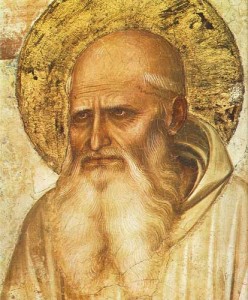
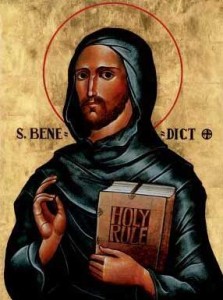
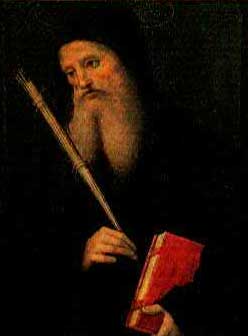 In the Holy Rule, St. Benedict you have said:
In the Holy Rule, St. Benedict you have said: